Why buy Fairtrade Coffee Beans?
Share
Fairtrade Fortnight is celebrated every year. This year, Fairtrade Fortnight takes place between 24th Feb to 8th March, when the Fairtrade Foundation invite consumers to ‘fight for change for the masses’.
Many of our customers (and even more of our customers’ customers!) tell us that it is important to them that they purchase Fairtrade coffee beans. However, not everyone appreciates exactly how important this simple choice is to the people, communities and environments in whom investment in Fairtrade coffee directly benefits.
How much do you know about Fairtrade coffee and what the certification means to those it benefits? (including those who drink it!)
Coffee: One or the world's most heavily-traded commodities
According to Markets Insider, coffee is regarded as the most important export commodity after crude oil.
A staggering 80% of the worlds' coffee is produced by 25 million smallholders.
With over 100 million people who depend on coffee for their own livelihoods, that's a huge responsibility we're all pouring into our daily cups!
Global coffee prices are set daily by New York Stock Exchange Traders, which means that coffee farmers trading through this system are reliant on markets worldwide.
Global market prices are determined by supply and demand, and with many levels involved in the supply chain, global supply and demand has very little or nothing to do with the welfare of a coffee farmer and their family.
When it comes to a supplier’s income, this is therefore an extremely volatile position for the producer to be in.
Fairtrade coffee certification
In the late 80's, coffee prices collapsed. This created a serious impact on Mexican coffee farmers and their trading terms. The Fairtrade Foundation was created in direct response to the crisis and the needs of the farmers for improved sustainability, both for themselves and their families.
A ‘Fairtrade Minimum Price’ paid for your Fairtrade coffee beans
By growing coffee under the Fairtrade system, the price which is paid for Fairtrade coffee beans to producers is known as the ‘Fairtrade Minimum Price'.
This ‘Fairtrade Minimum Price’ is designed to fully cover a certified coffee producer organisation for its production costs, plus it provides some protection when global market prices fall below levels which are sustainable.
An extra ‘Fairtrade Premium’ for Fairtrade Coffee Beans

In addition to the Fairtrade Minimum Price, a ‘Fairtrade Premium’ is paid to certified coffee- growing organisations.
The ‘Fairtrade Premium’ is an additional sum paid directly to those producer organisations (generally co-operatives) with the stipulation that it is to be used to invest in business or community improvements.
As part of its requirements, the Fairtrade Foundation specifies that at least 25% of the Fairtrade Premium paid is used to enhance productivity or quality. Which means that the Fairtrade system improves the quality of the coffee in your cup too!
Sustainability and Fairtrade Certification
The Fairtrade system creates a wider chain of responsibility to: ensure the welfare of the people and places it supports, improve the quality of the products delivered by those involved, and reduce the impact those quality products have on the environments they are produced in.
Supply chains can involve growers, traders, processors, exporters, roasters and retailers before reaching the end of the chain, the consumer.
In the Fairtrade system, small producers play a pivotal role as part of that chain and they help to strengthen the industry as a whole.
This in turn contributes to a growing movement of Fairtrade consumers, and those consumers assume responsibility alongside these small producers in the chain.
The result is that everyone contributes and is working towards greater sustainability for the world.

Sustainability and the Fairtrade System: 3 main areas
There are three important areas of sustainability which the Fairtrade system is concerned with. Those areas are:
- Social
- Environmental
- Economic
There are many practical ways we can see the improvements in each of these areas being put into action. Just some of these are described below.
Close, transparent relationships with coffee producers
Fairtrade certification ensures direct relationships with clear transparency. Coffee is tracked right from the plantation through to a roaster like Owens Coffee.
We love that we can put the individual names to the faces of those farmers behind our Owens’ Fairtrade, organic coffee beans.
This level of traceability and transparency is essential when it comes to quality, economic stability and sustainability.

Image credit: Matt Crossick on behalf of Fairtrade Foundation
Co-operatives for coffee producers
There is strength in numbers and this is the reason that co-operatives exist.
If you purchase Fairtrade Coffee beans, chances are that your coffee is produced by a Fairtrade co-operative.
Co-operatives are not-for-profit organisations made up of a group of coffee producers. These producers co-operate to gain a collective advantage when it comes to opportunities, marketing their products, training and shared knowledge bases.
Often, there will be members of staff who provide support in terms of administration, marketing, education, research, accounting, even credit facilities.
Some co-operatives will also explore potential markets on behalf of its members and introduce relevant members to contacts within the industry to allow them to discuss supplying their coffee. This is how co-operatives are still able to offer single origin coffees.
Coffee producers can choose not to work with a co-operative.
However, if they are unable to produce in volumes needed, they can be forced to deal via third party intermediaries at commodity prices, regardless of how high the quality of their product is.
Investment in people, training and processes

Water pump built with Fairtrade Premium - Image credit: Chris Terry
The vision behind the Fairtrade system is one of non-dependency on coffee production.
A Fairtrade co-operative has the added benefit of being paid the Fairtrade Premium to invest in its members.
Typical investments include investment in organic composts and fertilisers (sold to co-operative members at reduced rates, but sometimes used as an additional form of revenue by selling on to farmers and/or individuals outside the co-operative itself), equipment and materials which produce better quality coffee beans.
The Premium provides advice, training and business strategy solutions across the coffee industry which helps support business diversification. This diversification enables producers to grow other products which can be used to feed families and/or sold to provide alternative income streams.
Climate change is responsible for severe and changing weather conditions which can have a devastating impact on coffee plantations, as well as crop infestations and other natural complications. By investing in improving processes and understanding how to diversify their businesses, farmers can be better prepared for, and therefore better manage these situations.
The system indirectly invests in education; by providing stability of income, families have better opportunities to plan for their children to attend university-level education, which can otherwise be too expensive to consider.
Through co-operations, there is a wider knowledge-base available to all farmers involved in the organisation. This strengthens business strategies by keeping more farmers informed within the group of tried and tested solutions for operations and marketing and by avoiding costly mistakes.
Fairtrade coffee beans and Owens Coffee
In addition to being certified organic, all Owens Coffee products are produced using certified Fairtrade coffee beans. This is a decision we have made as part of our own commitment to the chain of responsibility to greater sustainability within the coffee industry.
As a roaster, Owens Coffee adheres to the strict requirements of the Fairtrade Foundation and is audited accordingly. As a result, you’ll find the Fairtrade logo on all of our coffee bags.
In addition to using Fairtrade coffee beans, there are a number of other ways Owens Coffee is committed to improved sustainability, from our packaging to our ‘clean-roasted’ beans roasted in our state-of-the-art Eco-Roaster.
Fairtrade Fortnight 2020
The Fairtrade Foundation has licensed over 4,500 certified Fairtrade products in the UK. That list includes foods such as coffee, tea, cocoa, bananas, sugar, dried fruit, juices and rice and non-food products such as cotton, cut flowers, gold and silver.
Fairtrade Fortnight 2020 takes place from Monday 24th February to March 8th. This year’s campaign focuses on a call for cocoa farmers to earn a ‘living income’ and tells the stories of the positive effects that Fairtrade has on the women behind our chocolate bar.
How much do you really know about chocolate? Why not take the quiz and learn more about the Fairtrade Fortnight 2020 campaign or meet some of the Fairtrade farmers here.
Thanks to www.fairtrade.org.uk for information detailed in this article.

